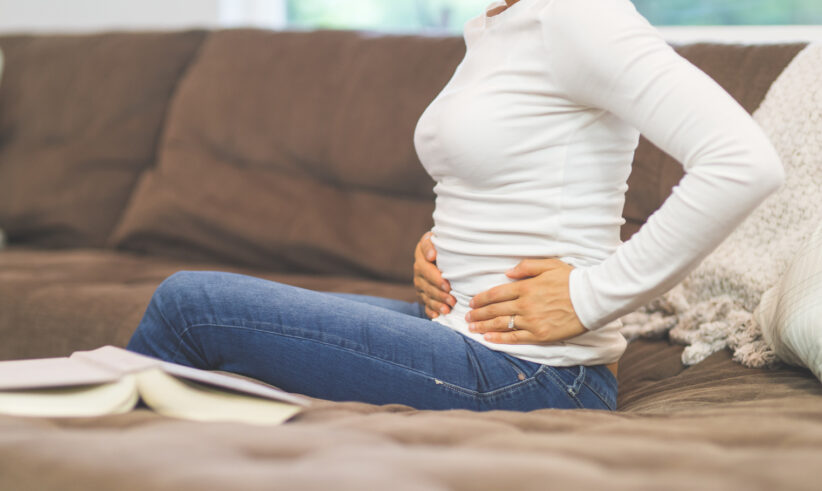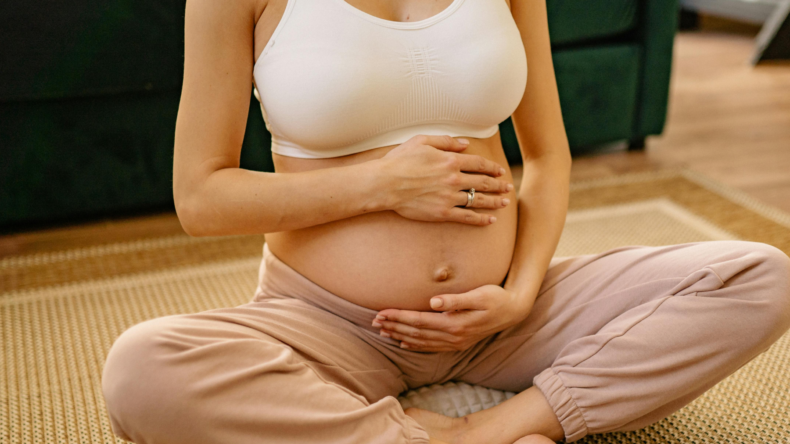Endometriosis is a condition that affects 1 in 10 women of reproductive age, yet it often goes undiagnosed for years. As a reproductive endocrinologist, I have seen firsthand how this complex condition impacts fertility—in fact, up to 50% of women experiencing infertility have endometriosis.
For many patients, the journey to an accurate diagnosis is long and frustrating. The symptoms—chronic pelvic pain, painful periods, and discomfort during intercourse—are often dismissed or misattributed to other conditions. But the truth is, endometriosis can significantly affect reproductive health, and early intervention can make all the difference.
Understanding the Impact of Endometriosis on Fertility
Endometriosis occurs when tissue similar to the uterine lining grows outside the uterus, often affecting the ovaries, fallopian tubes, and surrounding pelvic structures. Unlike normal endometrial tissue, these cells don’t shed properly during menstruation, leading to chronic inflammation, scar tissue formation, and adhesions.
Why Does Endometriosis Cause Infertility?
There are several ways in which endometriosis can impact fertility:




The good news? Many women with endometriosis go on to have successful pregnancies, especially with the right fertility treatment and medical support.
Is Endometriosis Affecting Your Fertility?
One of the biggest challenges with endometriosis is that it is often undiagnosed for years because its symptoms can mimic other conditions like IBS, pelvic inflammatory disease (PID), and fibroids.
If you have been trying to conceive for 6-12 months without success, and experience any of the following symptoms, it may be time to consult a fertility specialist:
Severe menstrual cramps (dysmenorrhea)
Chronic pelvic pain (before, during, or after your period)
Painful intercourse (dyspareunia)
Heavy or irregular menstrual bleeding
Painful bowel movements or urination (especially during menstruation)
Fatigue, bloating, nausea, or gastrointestinal discomfort
At CCRM Fertility, we use advanced diagnostic testing to evaluate whether endometriosis is affecting your fertility and create a treatment plan that best suits your needs.
Fertility Treatment Options for Patients with Endometriosis
While endometriosis can make conception more challenging, there are several effective fertility treatments available. At CCRM Fertility, we take a personalized approach to treatment based on your age, severity of symptoms, ovarian reserve, and family-building goals.
1. Comprehensive Fertility Evaluation
A thorough fertility workup helps us determine the best path forward. This may include:



2. Individualized Fertility Treatment Plans
Intrauterine Insemination (IUI)
- Recommended for mild endometriosis
- Involves placing sperm directly into the uterus to improve fertilization chances
- Best for moderate to severe endometriosis
- Helps bypass common fertility challenges like tubal blockages and inflammation
- Improves the chances of successful embryo implantation
Egg Freezing for Future Fertility
- Since endometriosis can affect ovarian reserve, egg freezing allows patients to preserve fertility for the future
3. Surgical & Minimally Invasive Options
For some patients, surgical intervention may improve fertility outcomes. We collaborate with leading endometriosis specialists to provide:


When Should You See a Fertility Specialist?
If you have endometriosis and are trying to conceive, seeking care from a fertility expert sooner rather than later can significantly improve your chances of success.
Let’s take the next step together. Schedule a consultation at CCRM Fertility to explore your fertility options and develop a personalized treatment plan. Request an appointment online!
I understand how frustrating and emotionally exhausting this journey can be, but you don’t have to navigate it alone. With the right care, support, and treatment, pregnancy is possible.
Let’s raise awareness this Endometriosis Awareness Month and empower those affected by endometriosis to take charge of their reproductive health.






